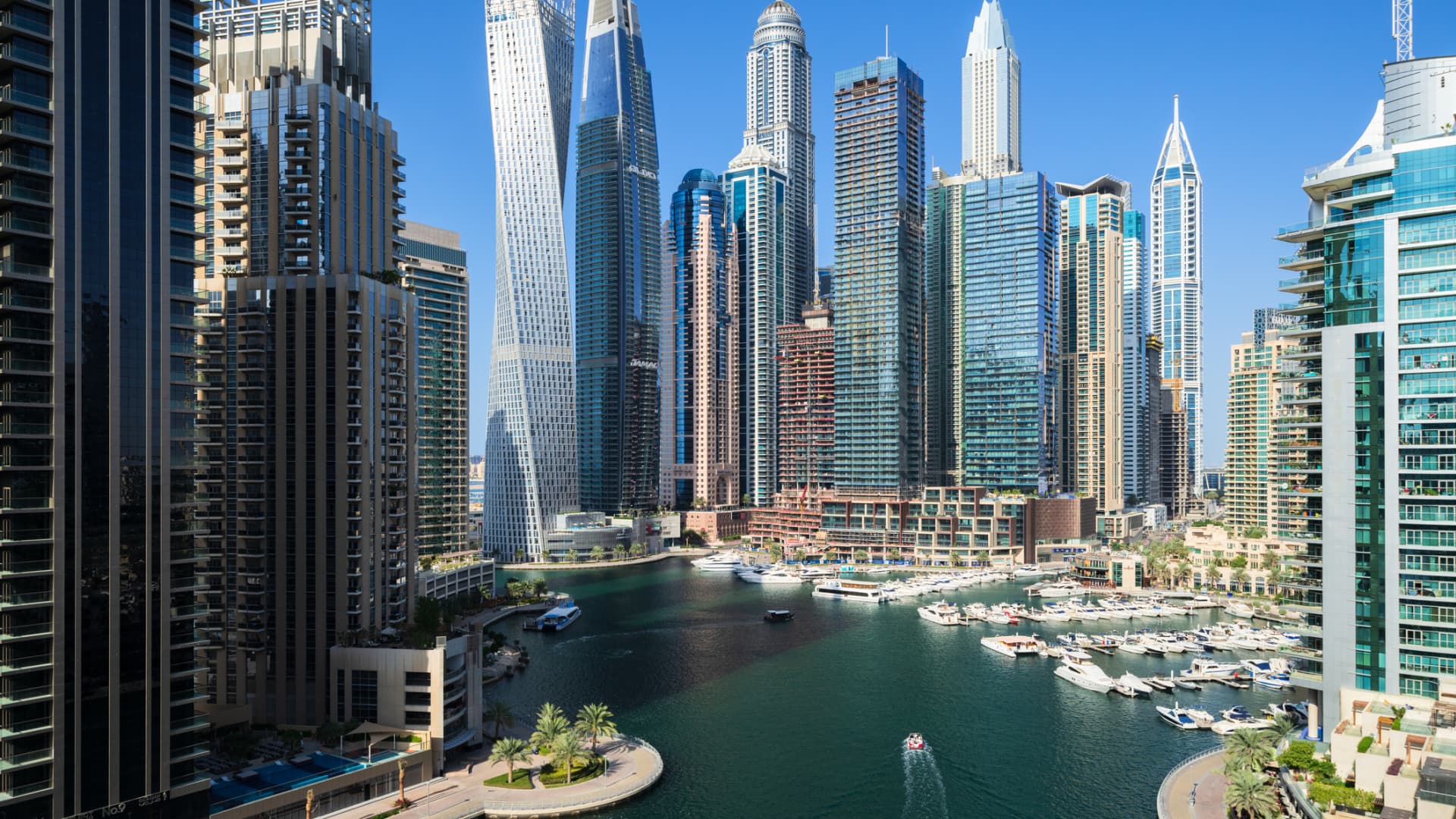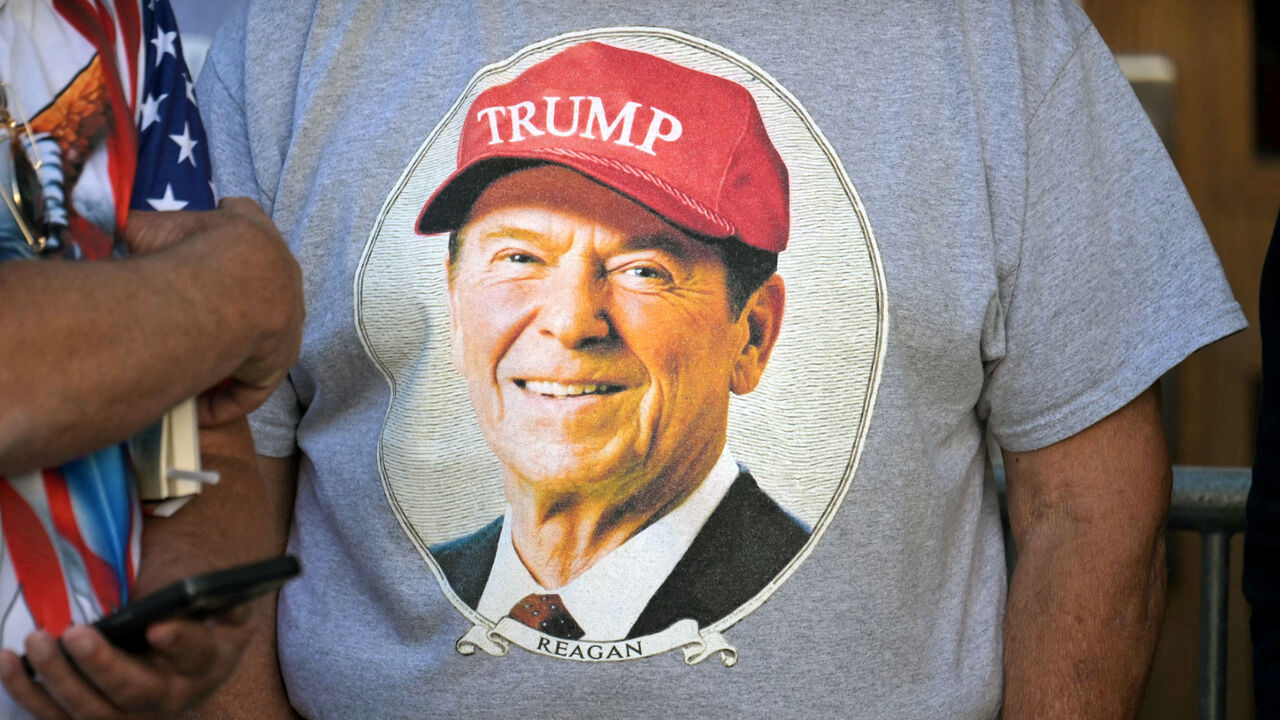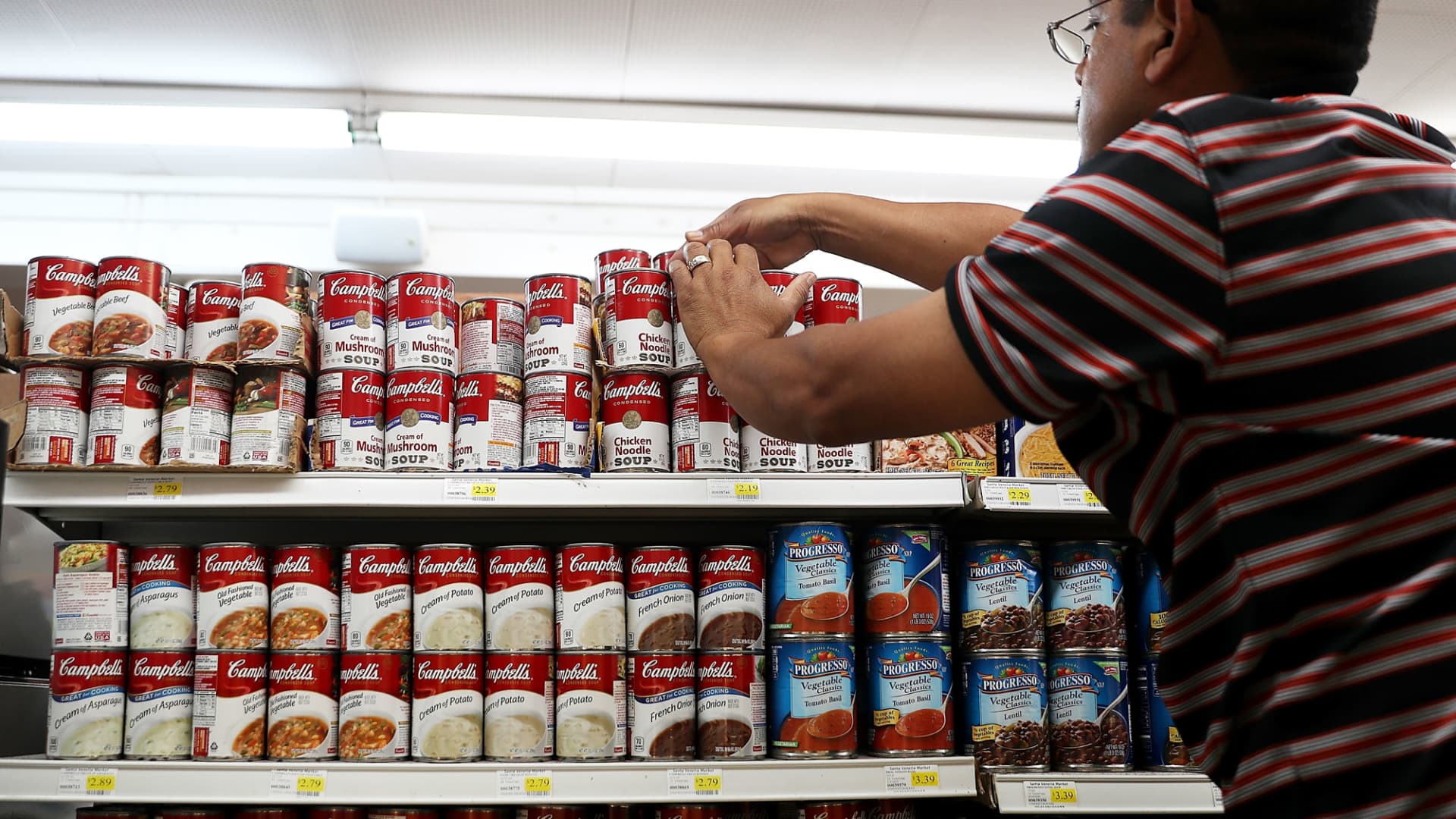DUBAI, United Arab Emirates — Dubai’s property scene is showing no sign of cooling off, as 2024 is on track to be another record year in terms of sales figures and property values, according to local real estate firms.
Increasing demand for property, especially in the luxury space, is boosting prices not just of homes, but of everything else in the city — just as the United Arab Emirates is expected to emerge as the world’s top wealth magnet for the third consecutive year.
For Hussain Sajwani, chairman of Dubai property giant Damac, that spells both good and bad news.
“What concerns me a little bit in Dubai is that [it’s] becoming an expensive city, and I’ve said this in the past, that Dubai [is] going to be [an] expensive city. Because whenever there is so much demand, and especially when talented people, average people are coming, they create more demand,” Sajwani told CNBC’s Dan Murphy from Riyadh on Tuesday.
“So today, to get a seat in a school is difficult … and of course, the business is going to raise prices, and inflation [is] going to be high, so Dubai is going to be an expensive city,” the chairman said. “And I hope [the] government find ways and means. And it’s not easy to find ways and means when there is a continuous influx of people to the city.”
The latest Dubai property market numbers tell a story of burgeoning demand. In July of 2024, property sales reached 49.6 billion dirhams ($13.5 billion), a 31.63% increase from the same period in 2023, according to locally-based brokerage firm Elite Merit Real Estate.
“The first half of 2024 alone saw over 43,000 property transactions valued at approximately AED122.9 billion, marking a 30% increase from the previous year,” the firm’s report released on Sept. 10 wrote, adding that the growth is due in part to the “rapid absorption of new inventory.” Around 80% of the units launched since 2022 have already been sold, the report estimates.
Aerial view of cityscape and skyscraper at sunset in Dubai Marina.
Lu Shaoji | Moment | Getty Images
“The Dubai property market is doing extremely well, and I think we’re going to continue to do well, because the demand in Europe is amazing,” Sajwani said. “Everybody wants to go to Dubai, from the taxi driver to the waiter to the businessman … Dubai now is attracting a lot of not only wealthy people, but a lot of talented people. And it’s growing in a different level from pre-Covid.”
The Damac founder noted the way in which the Covid-19 period supercharged Dubai’s popularity as a place to live: while much of the world remained in lockdowns, the emirate encouraged tourism and attracted new residents with the help of visas for remote workers and entrepreneurship.
“Dubai today is a global city, by all means, and attracting a lot of talent and a lot of businesses, we’re going to continue to grow,” Sajwani said.
Dubai has experienced a volatile boom-and-bust cycle in the past, most notably during its 2008-2009 crisis period, when the emirates’ property market crashed, and numerous investors had to default on their debts. Asked if he was worried about a similar cycle repeated itself, Sajwani expressed confidence that the system was different now.
Asked if Dubai is more stable now, Sajwani replied: “100%.”
“One of the key reason for that is that the regulations the Dubai government brought in after [the] ’09 or ’08 crash has been very good regulations. Very, very strict on developers, on customers, and on zoning,” he said. “So that regulation is helping — not everybody just can come and enter the market and just launch a project … There is very strict escrow, so the customer’s money is very much protected, and that’s what makes the market very efficient.”

 Personal Finance1 week ago
Personal Finance1 week ago
 Blog Post1 week ago
Blog Post1 week ago
 Economics6 days ago
Economics6 days ago
 Economics1 week ago
Economics1 week ago
 Accounting6 days ago
Accounting6 days ago
 Personal Finance1 week ago
Personal Finance1 week ago
 Economics6 days ago
Economics6 days ago
 Personal Finance6 days ago
Personal Finance6 days ago






















